Top Platforms to Showcase Your Software Project
Building a software project is only part of the process. The next step is ensuring it gains the attention it deserves. Whether you’ve developed a productivity app, a developer tool, or a solution to a common problem, sharing it with the right audience can lead to valuable feedback, traction, users—or even job offers. So, where should you post your project to give it a fair shot at being noticed, tested, and talked about? Here are some of the best platforms welcoming new software—and the creators behind it.
What Are the Best Websites to Submit Your Software Project To?
Product Hunt
Product Hunt places your project in front of an audience eager to discover new tools. Products are listed daily and voted on by users. Those that rise to the top can reach a broad, tech-savvy audience. What makes Product Hunt unique is its user base—comprised of founders, developers, early adopters, and individuals with strong networks. A successful launch here can lead to press coverage, user feedback, and even investor interest. Even if you don’t reach the top, you’ll still gain early users and valuable insights.
GitHub
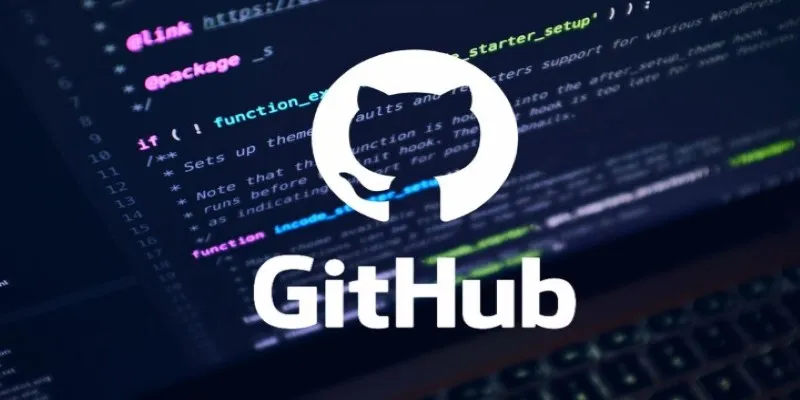
GitHub is more than just a place to store code. For developers, it’s a portfolio. For teams, it’s a collaboration hub. For anyone sharing a project, it’s a solid place to walk others through the structure and thinking behind your code. Repositories with clear README files, proper documentation, and consistent updates tend to perform well here. When others see your code, they can fork it, contribute, or learn from it. If your goal is to attract other developers, open-source contributors, or potential employers, GitHub is the place to be. It adds technical credibility and shows you’re building in public.
Devpost
Devpost is a natural choice if you’ve completed your project as part of a hackathon—or even if you haven’t. It’s often used by tech events to collect project submissions, but individual developers and teams also use it to showcase their work. Every project page lets you include details, links, team members, and a description of how it was built.
Devpost is designed for storytelling. You’re not just uploading code; you’re explaining the problem you’re solving, how you approached it, and what tools you used. This format helps viewers understand the full picture, even if they aren’t developers.
Reddit (r/SideProject and r/opensource)
Reddit may not be the most structured platform, but don’t underestimate it. Subreddits like r/SideProject and r/opensource are filled with people looking to discover, support, or collaborate on software projects. These communities are straightforward: if your post is interesting and your project is useful, people will upvote it and respond. What sets Reddit apart is the conversation. You’re not just submitting a link—you’re starting a discussion. Expect a mix of responses—some useful, some blunt, and all honest. The format is informal, but the feedback can be meaningful and fast.
Itch.io
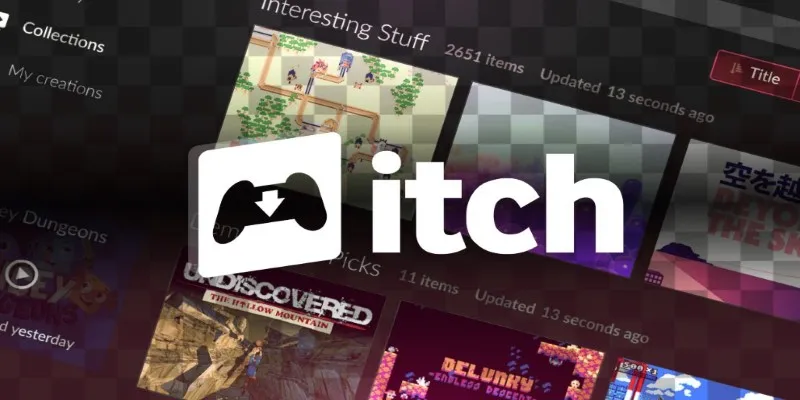
If your software project leans into games, art tools, simulations, or interactive experiments, Itch.io might be a good fit. While it’s mostly known for indie games, Itch.io is also open to experimental tools and creative software. You can upload your project, write a description, set a price (even $0), and reach users already exploring non-mainstream work.
The audience here is curious and open-minded. Even simple tools can do well if they’re fun or unusual. If your project is playful or visually interesting, Itch.io gives you the freedom to present it your way without the expectations of more traditional software platforms.
Indie Hackers
Indie Hackers is more than just a forum—it’s a place where builders and solo developers share their progress, projects, and lessons. You can create a product page, post about your launch, and get advice from others doing the same thing.
What works here is openness. If you’re transparent about your goals and show progress, people respond well. They’ll ask questions, offer suggestions, and sometimes even become early users. It’s less about going viral and more about connecting with others who are trying to build something real.
How to Use Product Hunt to Submit Your Project
Product Hunt offers more than just a page to list your software—it’s a structured way to create a proper launch moment. Once you create an account, you can start crafting your submission. You’ll need a catchy tagline, a few images or GIFs, and a clear description. There’s also space to add topics, pricing info, your maker’s comment, and links to your website, social media, or GitHub. Timing is crucial. Projects go live at midnight PST, and the earlier in the day you’re featured, the better chance you have of gathering upvotes.
Beyond setting up your post, you need to be ready to discuss your work. This means replying to comments, thanking people for feedback, and answering questions. People notice when you’re involved. They appreciate transparency, so don’t hesitate to share what you’re building next or what motivated the project in the first place.
Final Thoughts
Submitting your software project isn’t just about exposure—it’s about finding the right place for the kind of work you’ve done. Some platforms are better for polished launches, while others are ideal for raw ideas and early feedback. Consider who your audience is and what kind of response you’re seeking. Whether it’s other developers, early users, or just people who enjoy discovering new ideas, there’s a platform that fits. Once you’ve chosen where to share it, make sure you explain the why behind your project—not just the what. That’s what usually resonates.
Related Articles
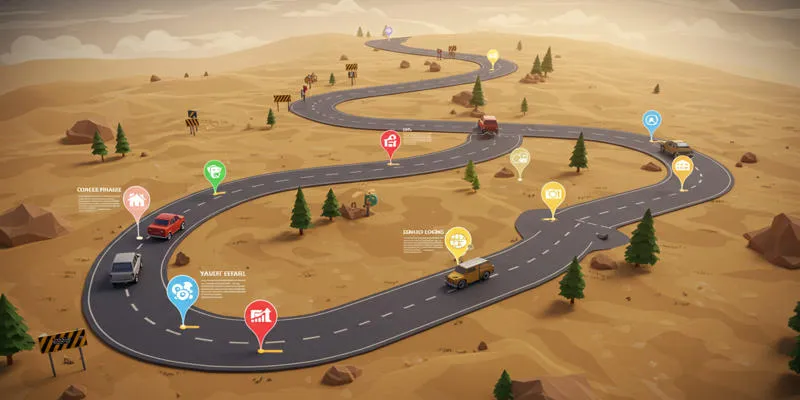
Product Roadmaps

Top Movie Making Tools for New Creators and Experienced Editors

Discover the Best Free and Paid 3D Video Makers for Windows
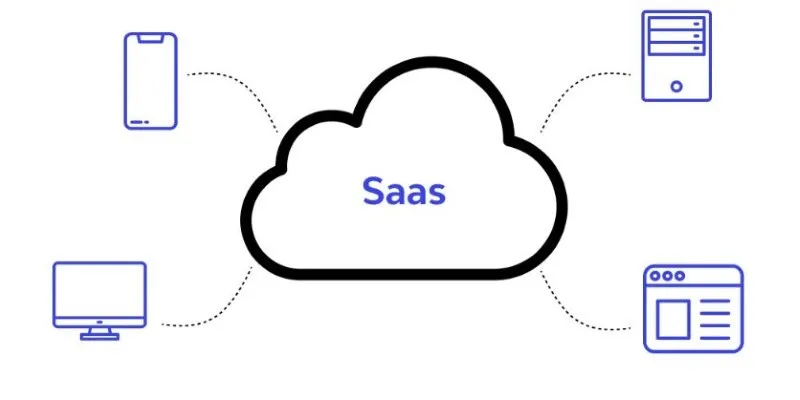
The SaaS Model: How Software Became a Service

Discover the Best Free and Paid 3D Video Makers for Windows

Best Help Desk Tools for Enterprise-Level Support Teams
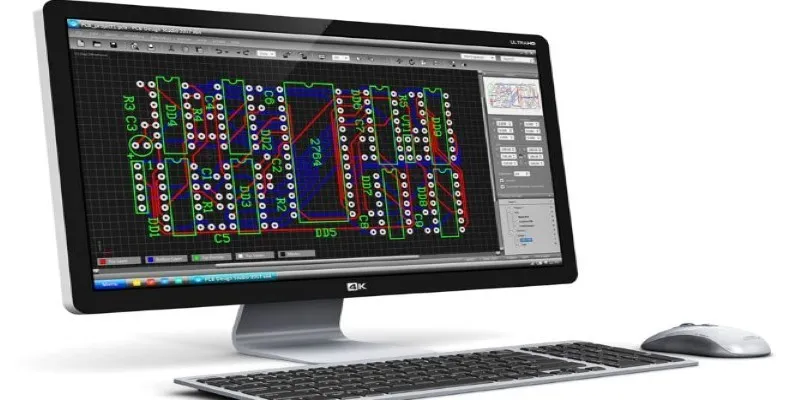
Best PCB Design Software to Streamline Your Workflow
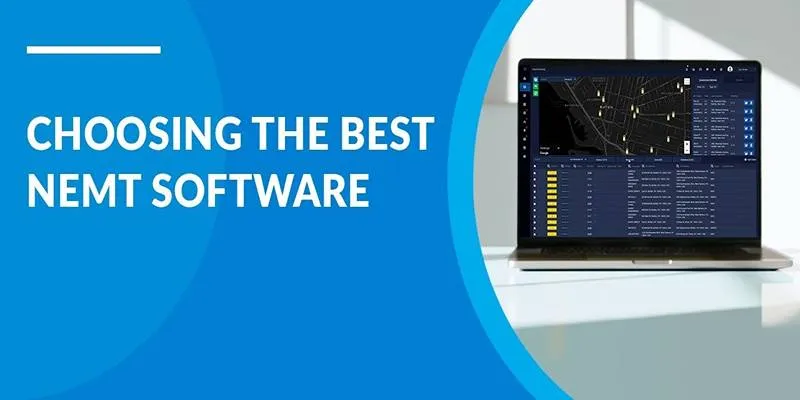
Discover Top NEMT Software for Scheduling and Route Optimization

5 Best MP4 Screen Recording Tools for Capturing Videos on Your PC

Top Dictation Software to Try in 2025 for Seamless Speech-to-Text Conversion

CapCut, WeVideo & More: Tools That Simplify Video Editing

5 Easy Ways to Download from GitHub: A Step-by-Step Guide
Popular Articles

How to Play RMVB with RMVB Player or Convert RMVB to MP4 for Playback on Mac

How to Show and Hide Text in WordPress Posts with the Toggle Effect: A Guide
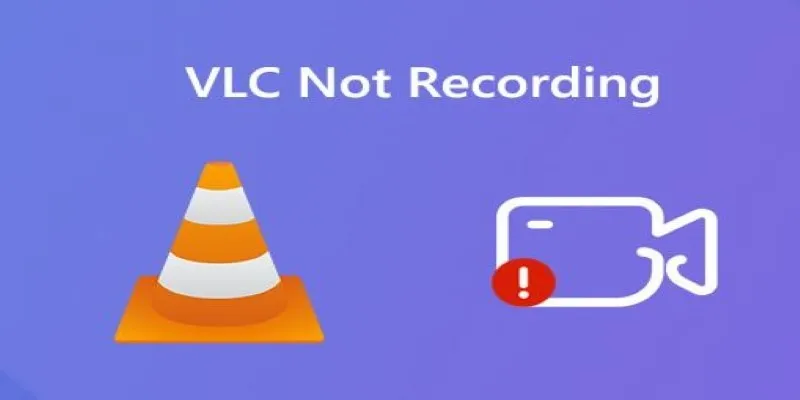
Fix VLC Media Player When It Won't Record or Save
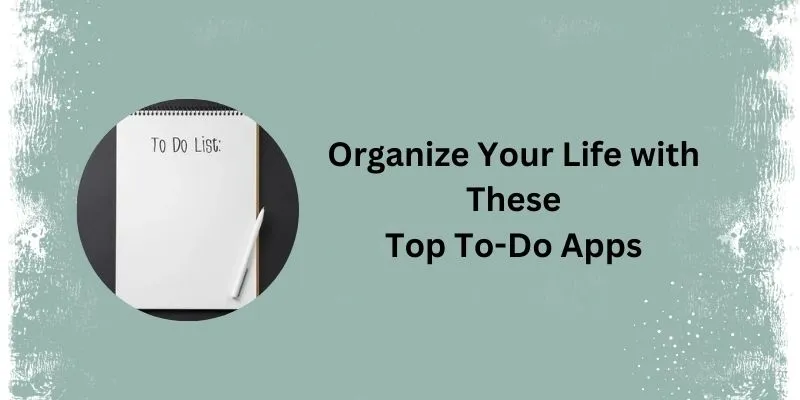
Top 5 To-Do List Apps You Need in 2025

Step-by-Step Guide to Recording HD Videos to DVD for Big Screen Viewing
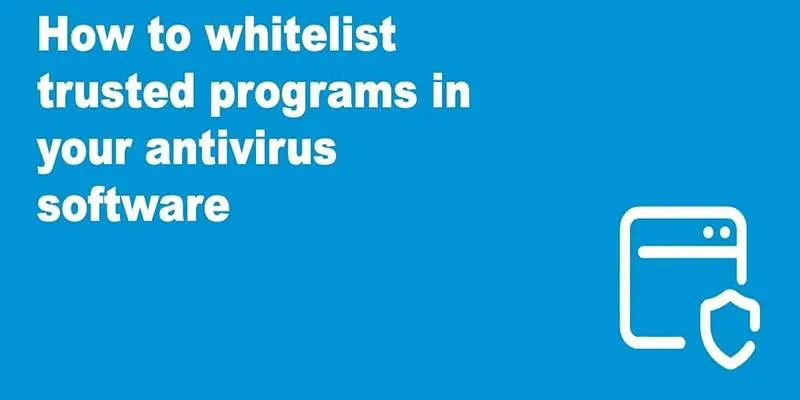
Whitelisting Guide: Allow Safe Websites Blocked by Antivirus
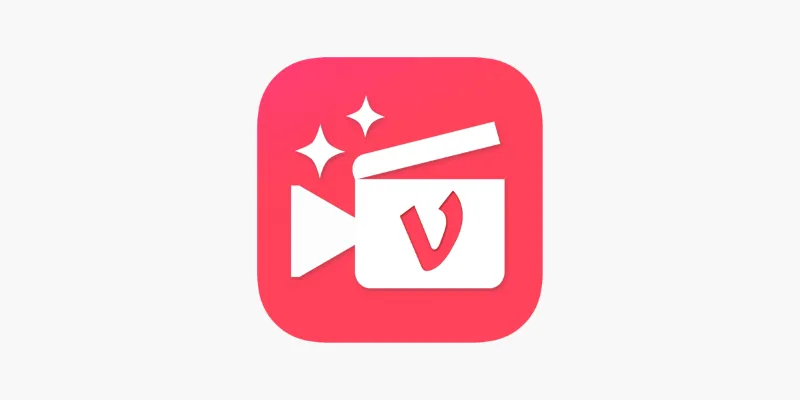
Vizmato 2025 Review: Video Editing That Feels Like Play
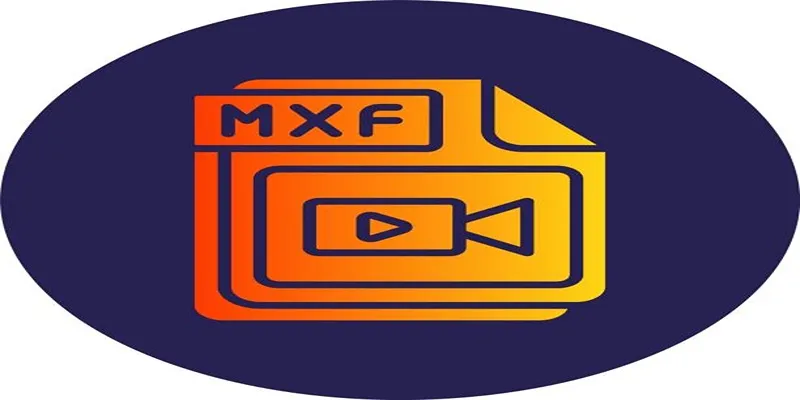
Top Tools to Convert MXF Files for Seamless Sony Vegas Compatibility

Step-by-Step Tips to Create Engaging Tutorial Videos That Your Audience Will Love
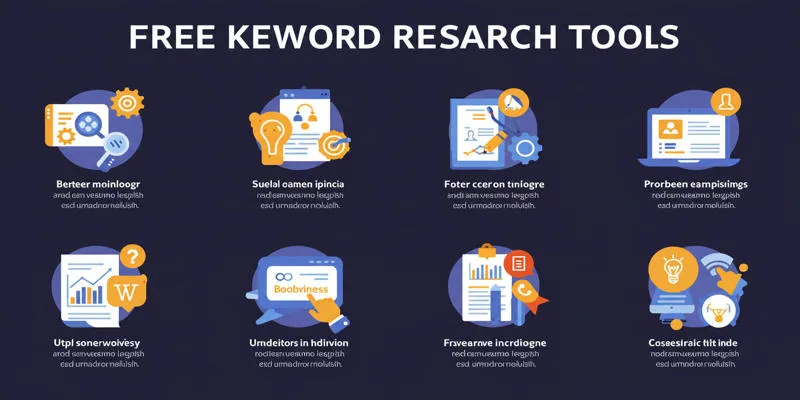
Top Keyword Research Tools
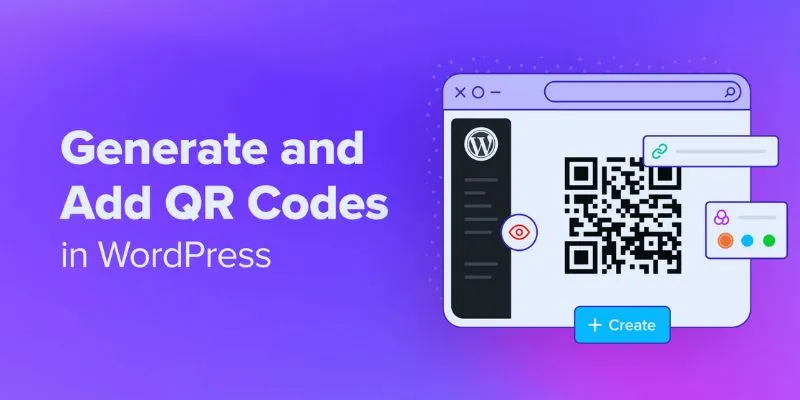
How to Generate and Add QR Codes in WordPress: An Easy Step-by-Step Tutorial

 mww2
mww2